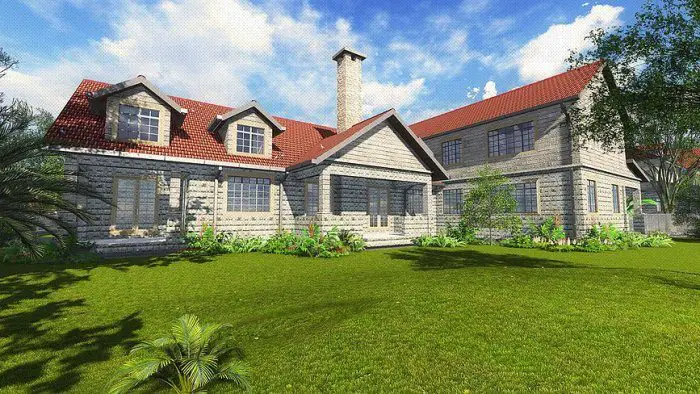A report by Knight Frank now shows that investors are avoiding the Kenyan upmarket suburb of Karen due to high cost of land and strict residents’ association rules indicating that Appetite for Luxury property in the Kenyan upmarket suburb is plummeting.
Also read:Nairobi’s satelite towns record increase in price of land
Knight Frank managing director Ben Woodhams affirmed this by stating the difference in pricing of an acre of land, which is presently as $485,000. This, he says, is more than double the price quoted five years ago.
This, in turn, acts as an obstacle to developers once the building restrictions are factored in.
Some of the development regulations require a developer to build a single unit on half an acre of land, have also discouraged investors eyeing the prime residential area.
The implications of this are felt when the developer can only put up two units on an acre of land, and even then he will have spent a total of $242,500 on each of this house even before the commencement of the building.
According to Mr. Woodhams, factoring in the cost of land and building would mean that the property may have to be sold for over $1.2m for the developer to get back their money. Furthermore, the prime residential market is already saturated as it is and these prices do not make sense to buyers and developers alike.
Property development in Karen is said to continue slowing down until the residents’ association have approved an increase in the number of units that can be built per acre.
The luxury housing segment is expected to see most growth in areas such as New Runda and Kitisuru, where availability of land is attracting investors as opposed to the situation in areas such as Karen and Muthaiga.
An Attitude Survey recently released by Knight Frank ranked Nairobi’s expanding Runda suburb among global real estate hotspots most likely to attract dollar millionaires keen to buy property.
The area is also expected to outperform similar developments in other African cities due to improved transport infrastructure and gated compounds, which are well served by facilities including top schools, recreation and sports facilities.
The Prime International Residential Index by Knight Frank indicates the value of luxury residential houses in Nairobi decreased by 2.1 per cent last year but was higher than the 1.4 per cent global growth average.
